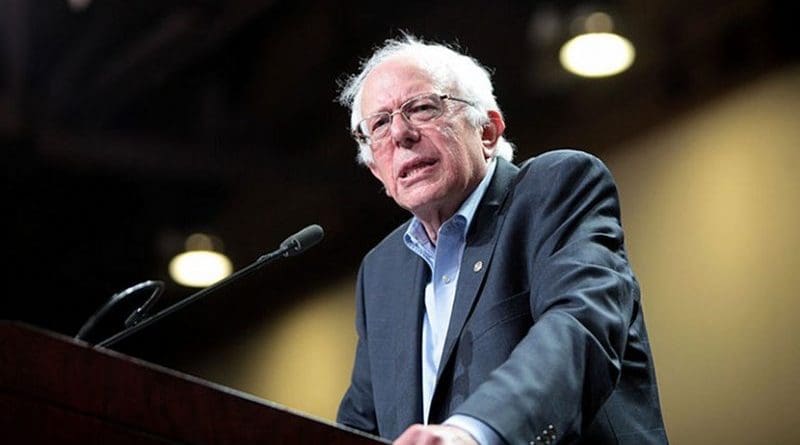Bernie Sanders: The Slanted Media Coverage Of Pending UAW Strike – OpEd
One of the major crises facing our country is that eight large media conglomerates control 90 percent of what the American people see, hear, and read. And that kind of corporate ownership is now being seen clearly in the coverage of the labor conflict between the United Auto Workers and the Big 3 automakers.
I find it interesting that the major reasons as to why autoworkers might go out on strike have been rarely, if ever, the focus of the corporate media’s coverage of the conflict, so let me list some of them.
In the first half of 2023, the Big 3 automakers made a combined $23 billion in profits – up 80 percent from the same time period last year. But if you’ve watched any corporate news coverage of the pending strike by 150,000 autoworkers, you’ve heard more about the strikes’ potential negative effects on the economy and a litany of excuses why very well-compensated CEOs just can’t make a fair deal.
You won’t hear that last year the CEO of General Motors raked in about $29 million in total compensation, the CEO of Ford made approximately $21 million, and the CEO of Stellantis pocketed over $25 million. In fact, over the last four years pay for those CEOs has increased by more than 40 percent.
You won’t hear that over the past decade these same companies made some $250 billion in profits in North America alone.
You won’t hear that the average starting wage at the Big 3 today is around $17 an hour – less than a number of non-union auto plants around the country – and that the top wage is $32.32 an hour.
You won’t hear that, unbelievably, over the last 20 years, the average wage for American autoworkers has decreased by 30 percent after adjusting for inflation.
You won’t hear that autoworkers at the Big 3 are earning less today than they did 15 years ago.
Of course, none of this is new. The corporate media will always side with CEOs and shareholders. Every time working Americans stand up and demand what is just and fair, the corporate media is there to tell viewers that workers are asking for too much.
Despite what you might hear in the corporate media in the coming days, what the UAW is fighting for is not radical. It is the totally reasonable demand that autoworkers, who have made enormous financial sacrifices over the past 40 years, finally receive a fair share of the record-breaking profits their labor has generated.

